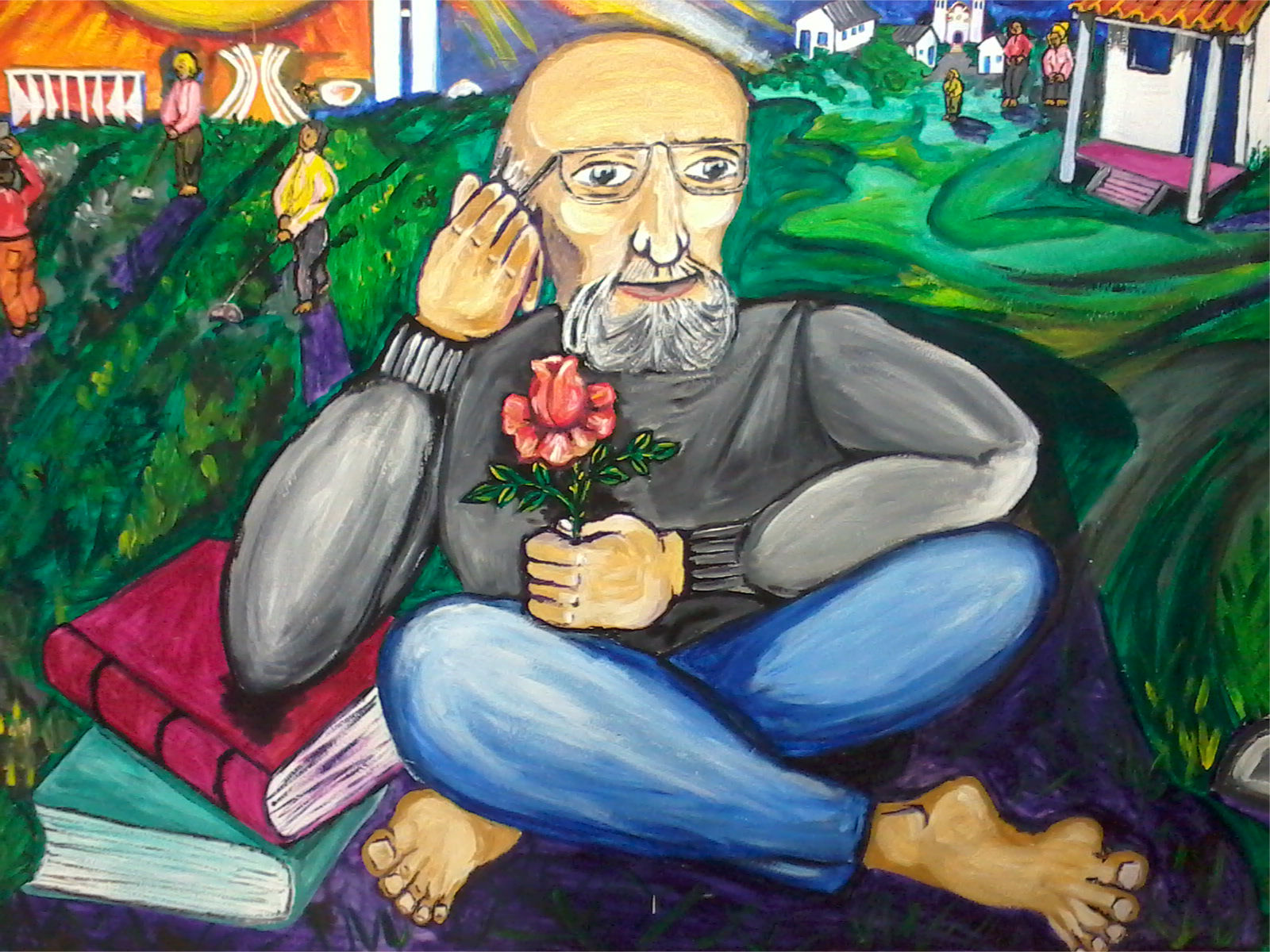The American education system fails its students every day as it teaches to sit down, shut up, and regurgitate what the teacher says. We are not educated for the purpose of learning, we are educated for the purpose of being tested.
We are tested in the traditional sense of standardized examinations that fail to consider diversity of any kind, but also tested in our ability to become a citizen and fulfill our role in society without protest.
Brazilian educator and philosopher Paulo Freire, most famous for his influential book The Pedagogy of the Oppressed, devoted his life’s work to fighting an education system that oppressed its people by denying them any opportunity for critical consciousness.
Freire’s work is rooted in his own experience helping Brazilian adults read and write. While his theories are complex, Freire establishes critical concepts that we can use to reflect on our own system of education.
Freire describes the traditional method of teaching as the “banking model”, which establishes a rigid hierarchy between the educator and the educated. The educator is the authority figure with all of the knowledge while the educated is an empty vessel waiting to be filled with information.
The teacher is the subject, or active participant in education, while the students are passive objects.
Though this sounds extreme, Freire’s theory explains how children are conditioned to behave in the classroom. Imagine the mass of desks facing a single podium with students sitting while the teacher stands or walks around. We must even ask for permission to speak by raising our hands – it’s obvious that the system is created to domesticate us and make us submit to authority.
Not only does this model impede any opportunity for critical thinking and creative processes, it also dehumanizes the student. Freire argues that what differentiates humans from animals is their ability to interact with the world by changing, creating, and making decisions based off of a comprehensive awareness and profound understanding of society and their role in it.
The ability to think critically is what makes us human. “Banking” education completely denies this essential concept.
Our education system aims to create citizens who have just enough information to function properly in their society, but not enough to create a consciousness of their ability to question and change the status quo.
Every institution in our country, from the governmental system and organized religion to the film industry, is invested in maintaining the status quo. Education is no exception.
Even as a liberal arts college which “seeks to promote the open exchange of ideas” and “help its students to attain their full potential as persons,” Gustavus is not an exception to the American education system.
While many courses are discussion-based and welcome debate, analysis, and inquiry and many professors genuinely care about students as humans, there is still a standardized system by which we learn.
More importantly, the majority of courses have no interaction with, or sometimes even relevance to, the world that exists outside of our small community atop the Hill.
Students are also indoctrinated with the college’s values in and outside of the classroom and domesticated by the college’s rules as soon as we step foot on campus as first-years.
Though many recognize there are some inherent problems within our education system, they fail to understand we are oppressed by it because we have been conditioned to be acclimated to these institutions.
We are taught to believe that education will expand our minds, but the subtext is that they won’t expand beyond the limits of the status quo unless we become conscious of our own ability to change the system.
